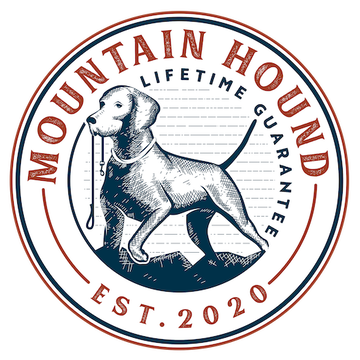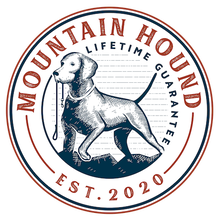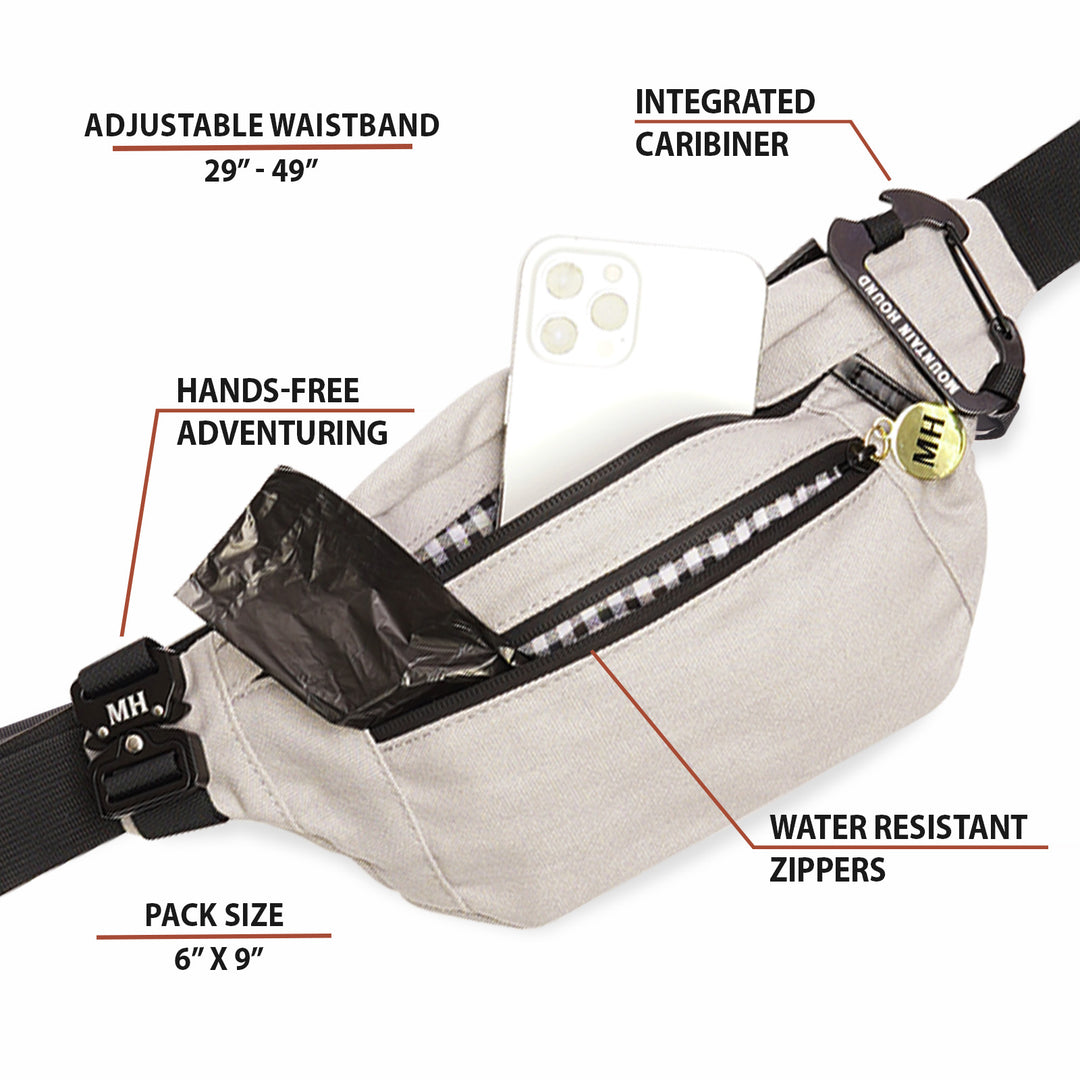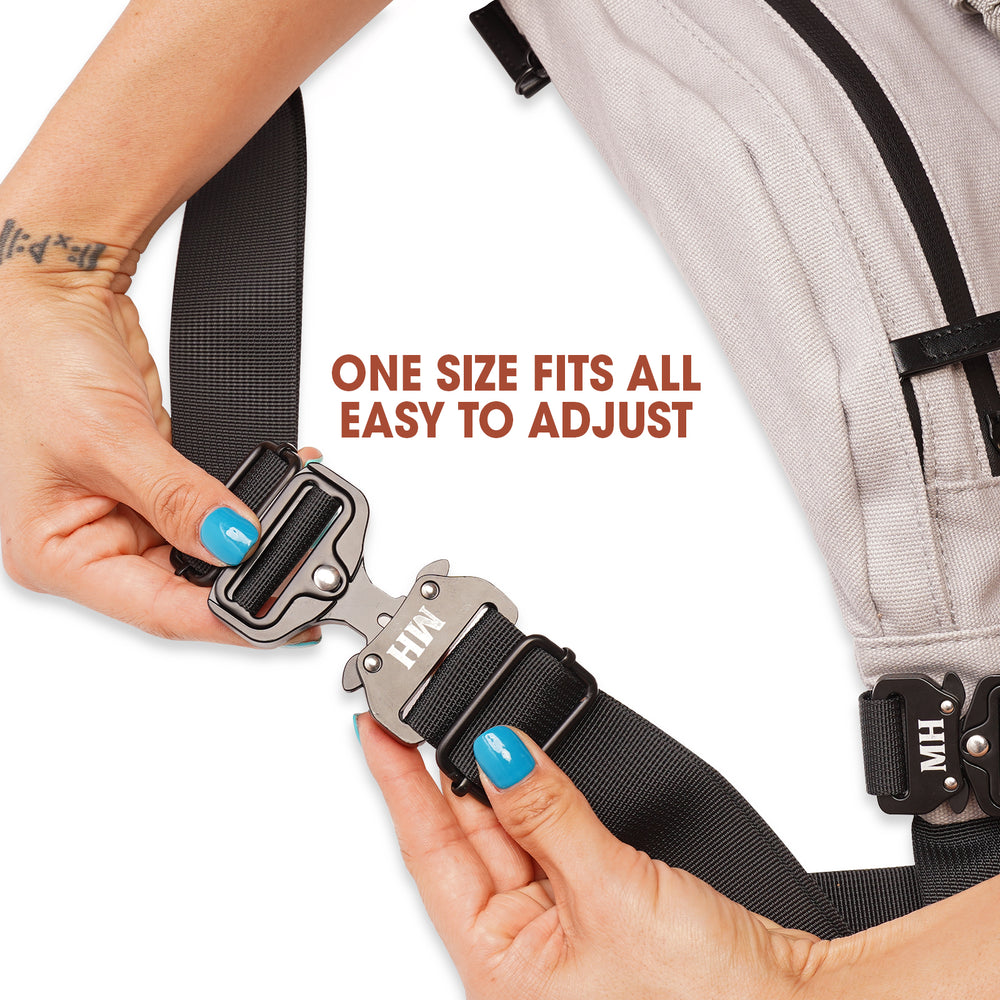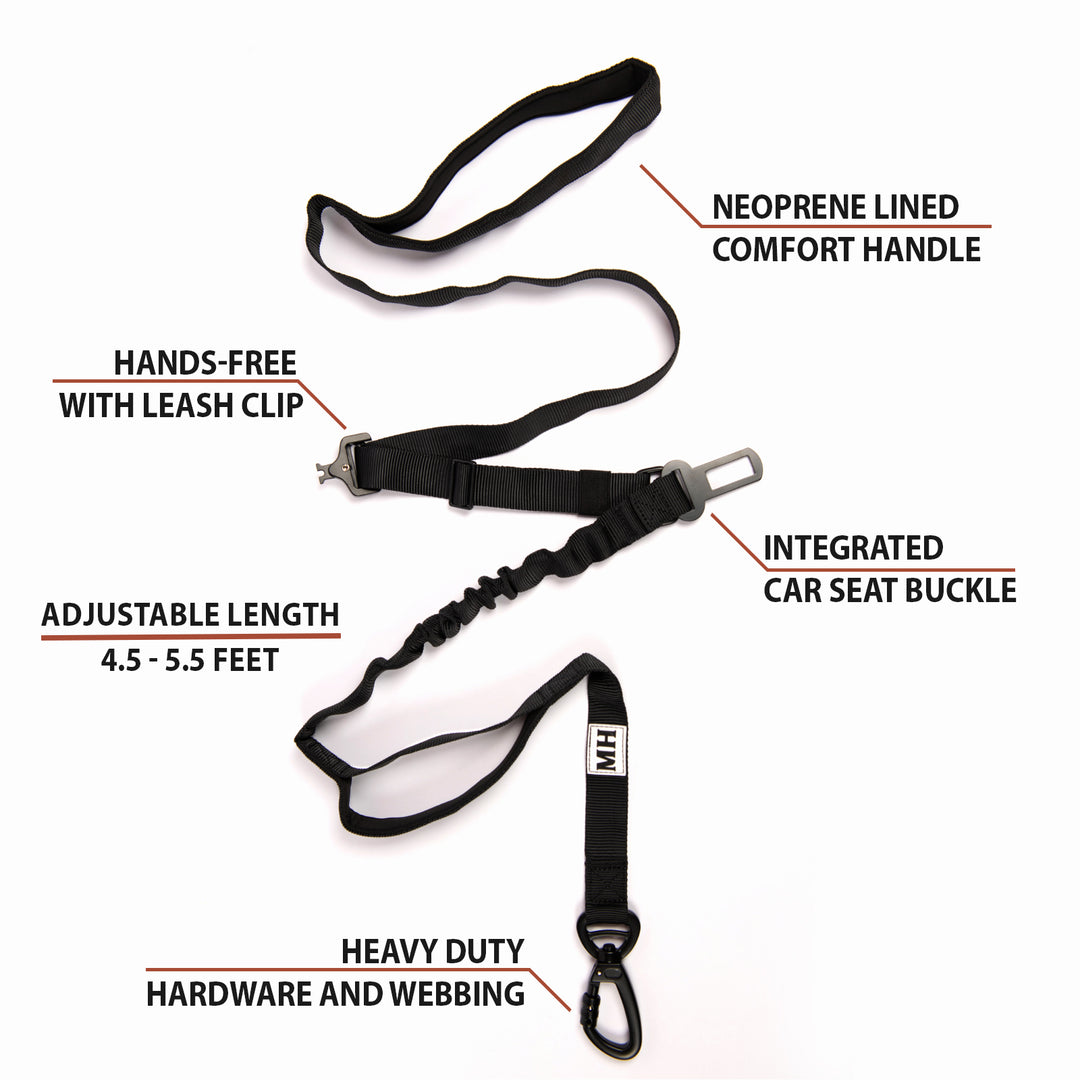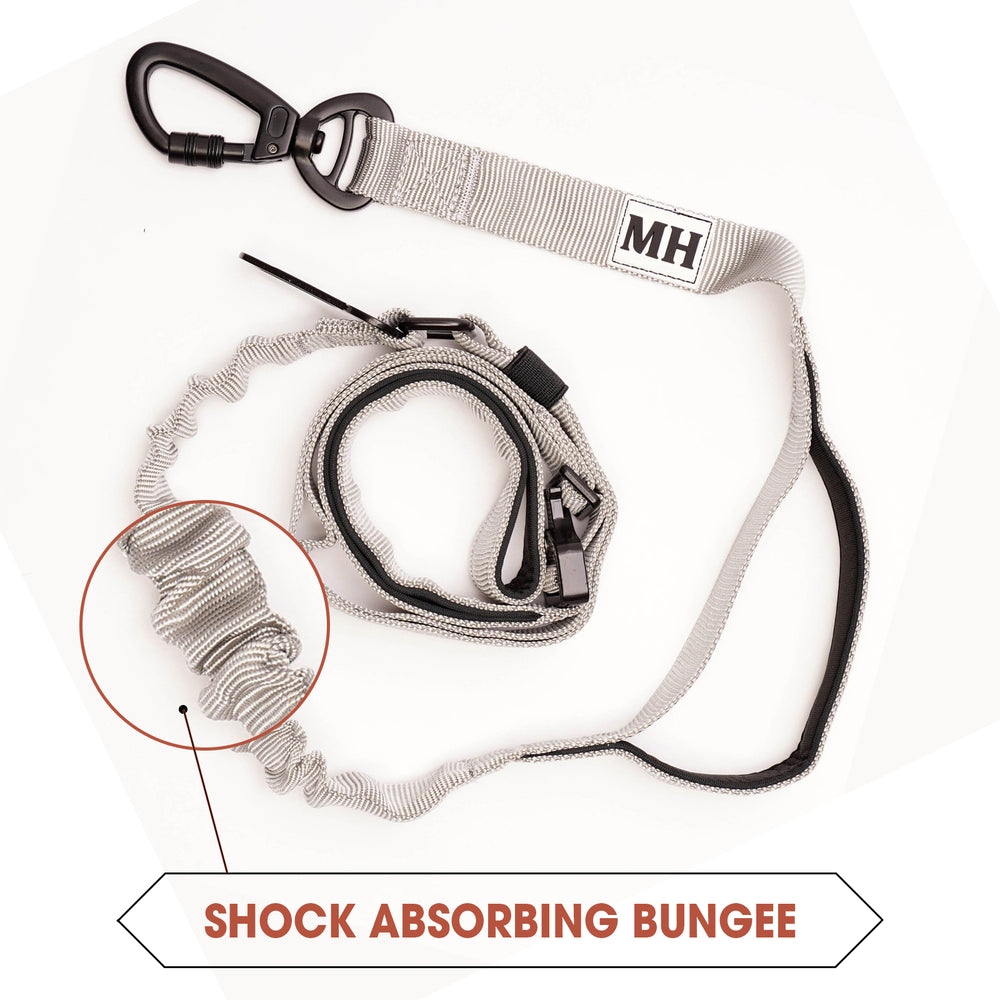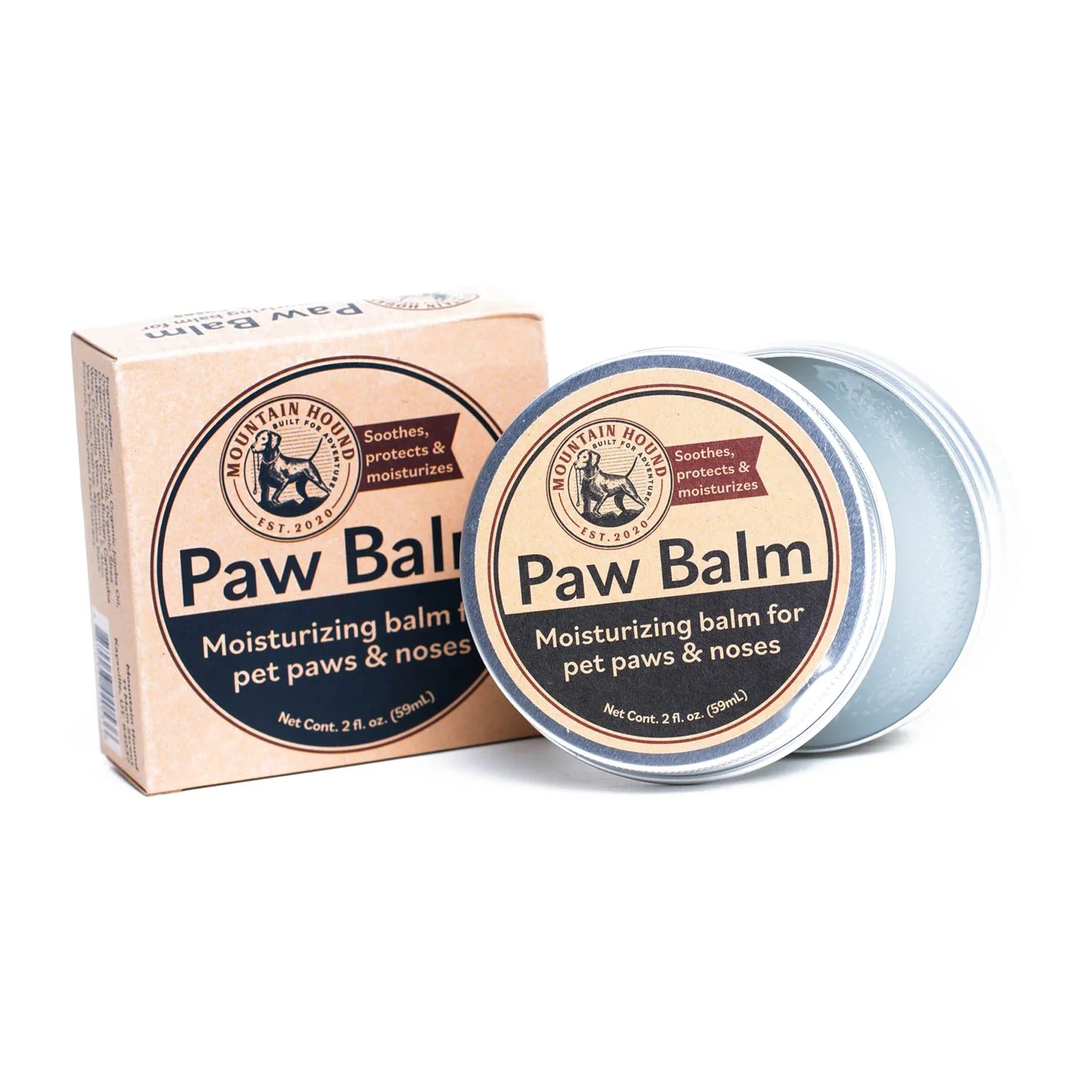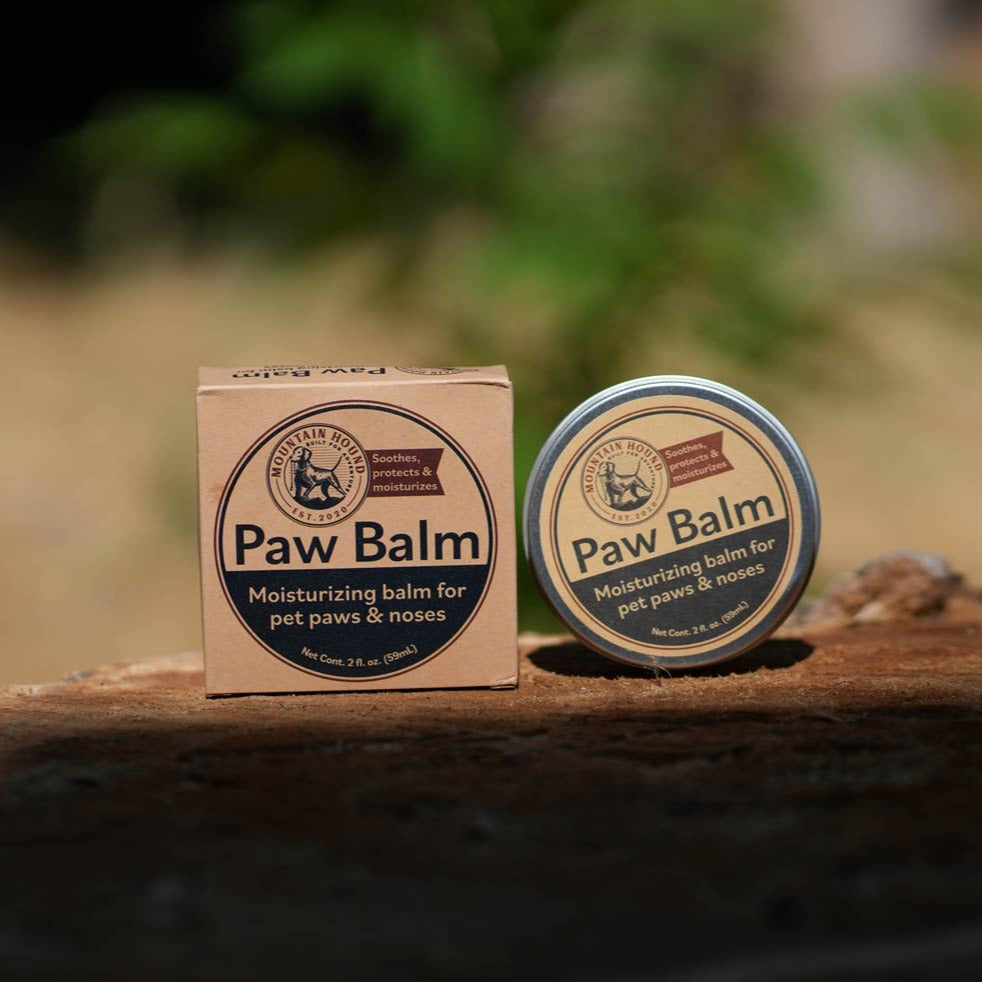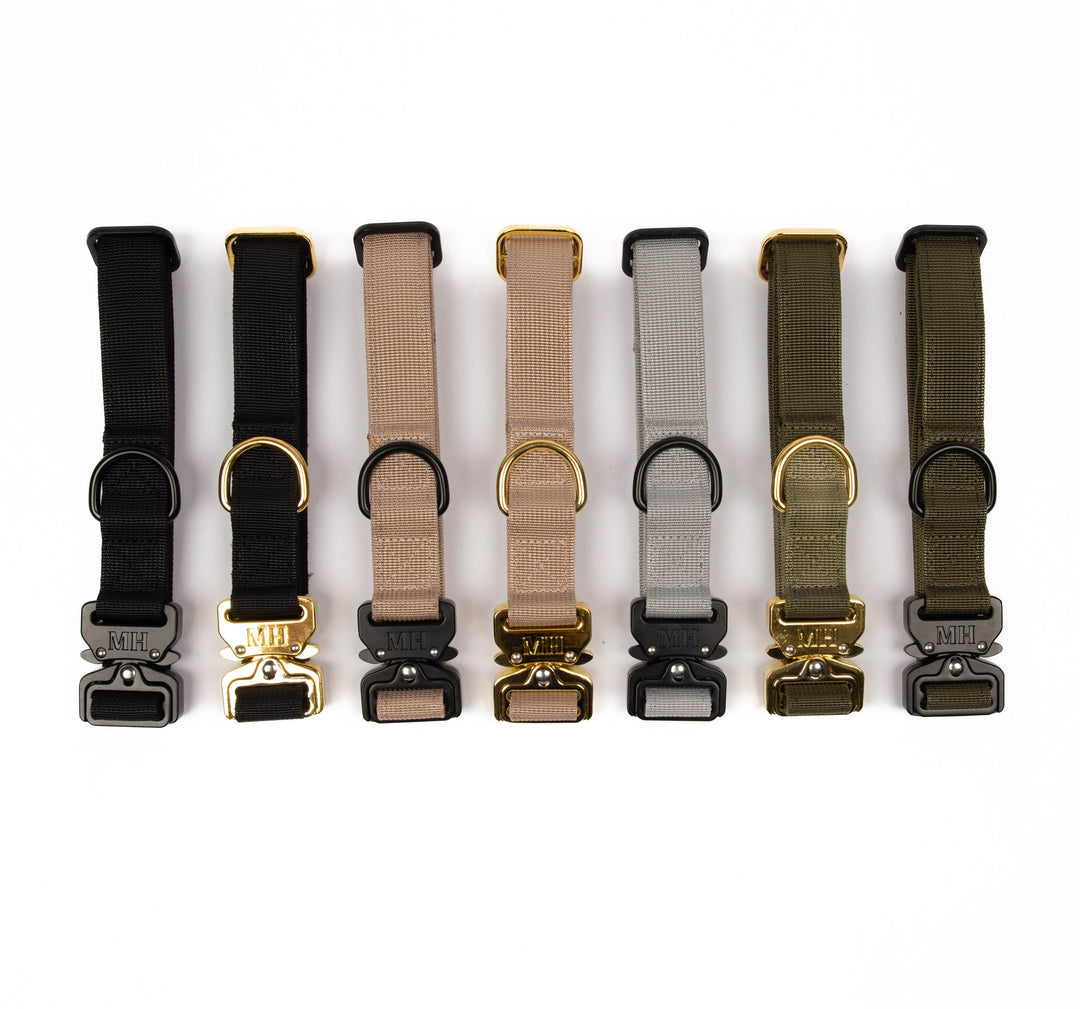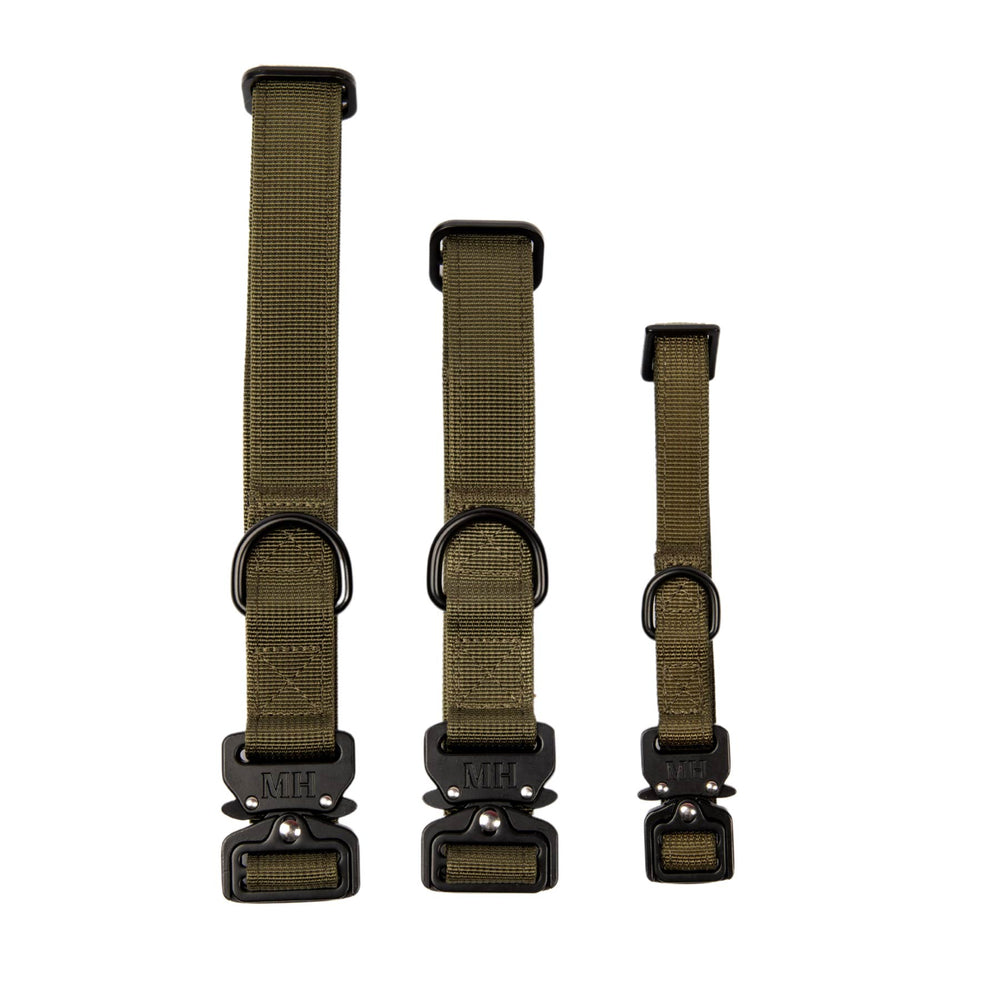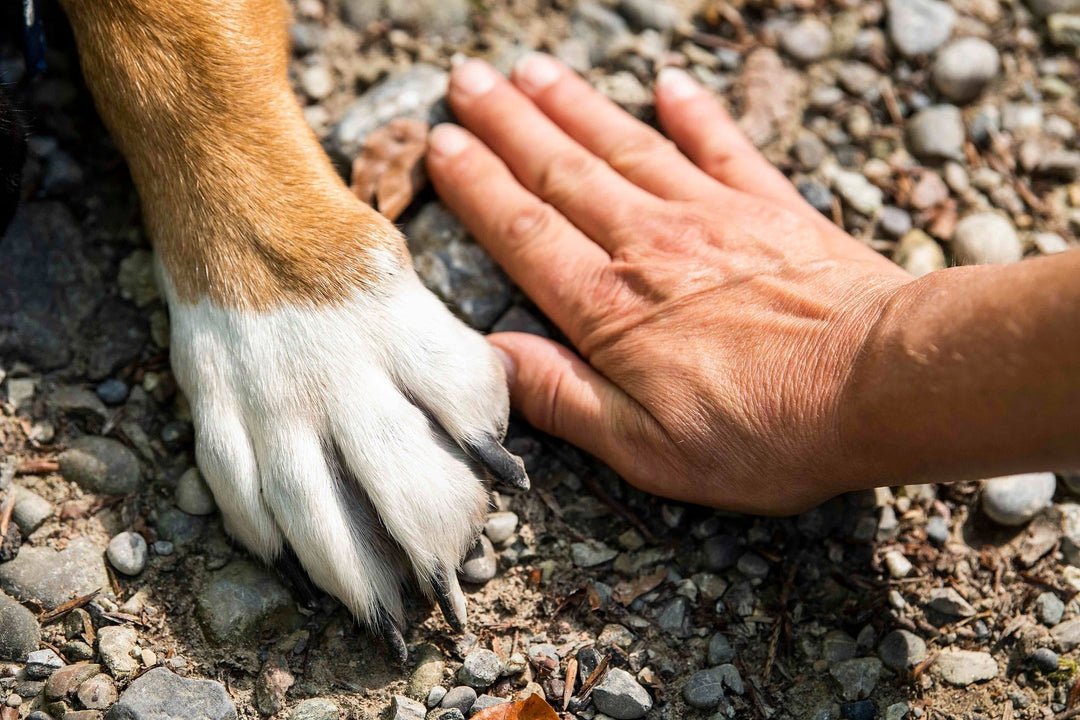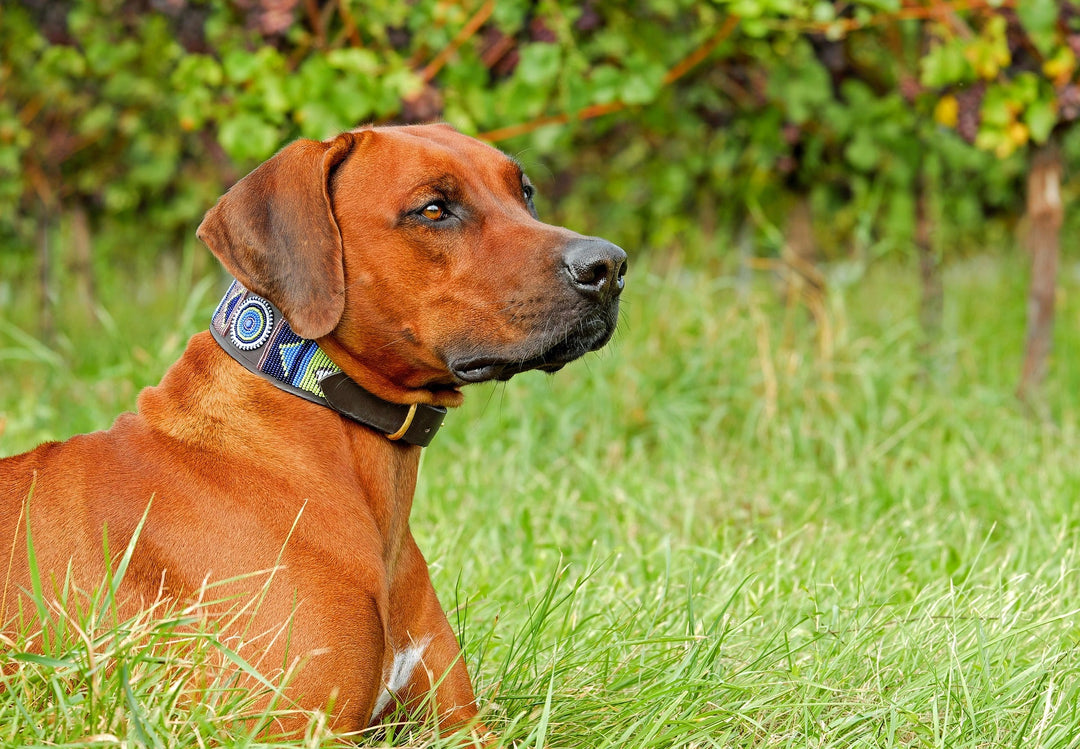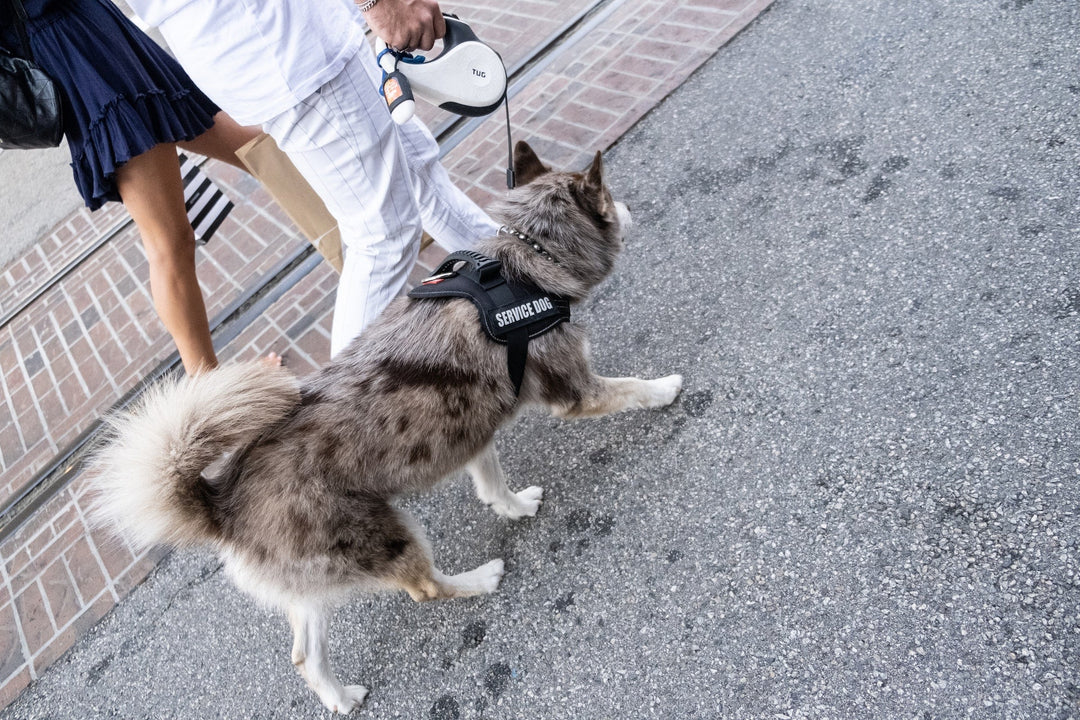Health Issues that Affect Pugs, French Bull Dogs, and Pekingese
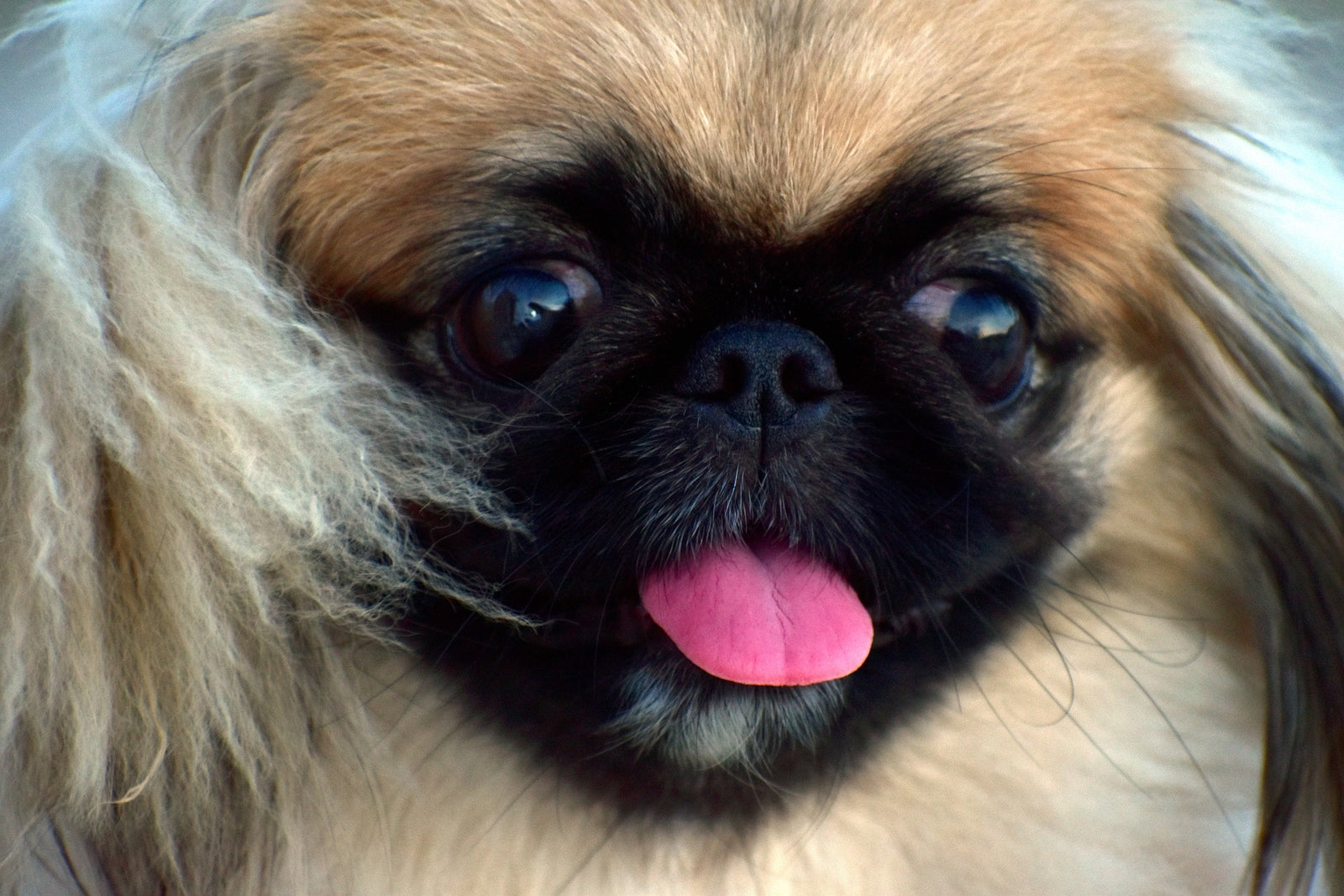
Pugs, French Bulldogs, and Pekingese are among the canine companions that have captured the hearts of many with their endearing personalities and charming appearances. However, beneath their adorable exteriors lie a set of distinctive dog health issues that you must be aware of as a pet owner.
Pugs, French Bulldogs, and Pekingese are classified as brachycephalic breeds due to their unique skull shape, which results in shorter muzzles and compressed airways. While these characteristics contribute to their charming looks, they can compromise dog health and result in various pet health issues. In today’s Mountain Hound blog post, we’ll discuss the common health issues that affect these breeds and provide some tips on what you can do to keep your pup healthy.
Common Dog Health Issues
Brachycephalic Obstructive Airway Syndrome (BOAS)
BOAS is a primary concern for brachycephalic breeds like Pugs, Bulldogs, and Pekingese because of their shortened skulls and facial structures. The shortened or narrowed airways of these breeds make it difficult for them to breathe. Symptoms can include excessive panting, loud snoring, and breathing distress, especially during physical exertion or in warm weather.
Heat Intolerance
Brachycephalic breeds are less efficient at cooling themselves through panting, making them more susceptible to heatstroke and overheating, so you must be extra cautious in hot and humid conditions.
Eye Problems
The prominent eyes of Pugs, French Bulldogs, and Pekingese can make them vulnerable to various eye issues, such as:
Corneal Ulcers: Their eyes can easily become scratched due to their prominent position, leading to painful corneal ulcers.
Proptosis: The shallow eye sockets of brachycephalic dogs increase the risk of proptosis, where the eye pops out of its socket due to trauma or pressure.
Cherry Eye: Prolapse of the eyelid gland, or cherry eye, can be common in these breeds.
Dental Issues
Their short muzzles can result in overcrowded or misaligned teeth, leading to dental problems such as gum disease, tooth decay, and difficulty chewing. Ensuring regular dental care can help maintain oral pet health.
Skin Fold Infections
The skin folds around their faces can trap moisture and lead to skin fold dermatitis or infections. Keep skin fold areas clean and dry to help prevent such issues.
Respiratory Problems
Due to their compromised airways, these breeds can suffer from chronic respiratory issues, including labored breathing, coughing, and snoring. Respiratory infections can also be more common in brachycephalic dogs.
Joint and Orthopedic Issues
Their stocky build and relatively short legs can make them prone to joint problems like hip dysplasia and intervertebral disc disease (IVDD). Proper weight management, exercise, and preventive care can help mitigate these risks.
Gastrointestinal Issues
Due to their anatomical structure, brachycephalic breeds can be prone to flatulence and gastrointestinal issues.
Maintaining Pug, French Bulldog, and Pekingese Health
A few tips to prevent the dog health issues of these breeds and maintain their well-being include:
Regular Veterinary Care
Schedule routine check-ups with a veterinarian experienced in treating brachycephalic breeds. Regular examinations can help catch and address health issues early.
Weight Management
Keep your dog at a healthy weight through a balanced diet and regular exercise. Obesity can exacerbate breathing problems and strain joints.
Environmental Considerations
Provide a comfortable environment that is well-ventilated and cool. Don’t expose your dog to high temperatures, and always ensure access to fresh water.
Grooming and Skin Care
Regularly clean and dry the skin folds around their faces to prevent infections. Brush their coats to maintain healthy skin and fur.
Dental Care
Practice good dental hygiene by regularly brushing your dog’s teeth and providing dental chews or toys that promote oral health.
Responsible Breeding
If you’re considering bringing a brachycephalic breed into your home, choose a responsible breeder who prioritizes health over appearance. Inquire about the breeder’s efforts to reduce the risk of inherited health issues.
Educate Yourself
Learn about the specific needs of these breeds and educate yourself about their potential health challenges. Being informed empowers you to provide the best care possible.
Be Observant
Monitor your dog’s breathing, eating habits, and overall behavior. Ensure you consult your vet immediately if you notice any changes or unusual symptoms.
Final Thoughts
Pugs, French Bulldogs, and Pekingese are adorable and beloved breeds but are susceptible to various dog health issues because of their unique anatomy. Regular veterinary check-ups, responsible breeding practices, proper weight management, and a good understanding of your pet’s specific needs can ensure your delightful companion leads a healthy and happy life.
Image by Madhurima Handa from Pixabay
